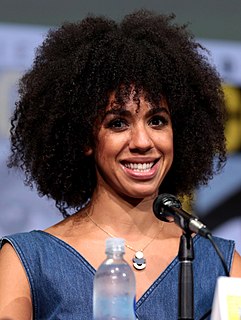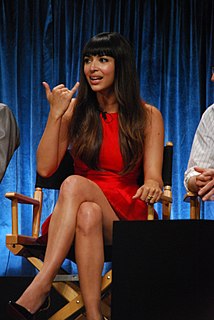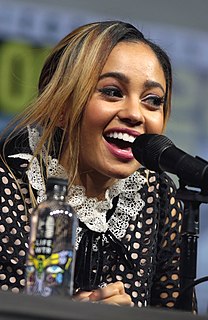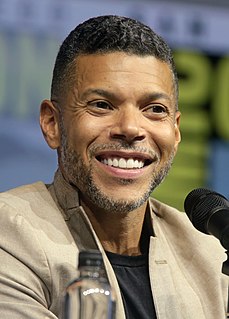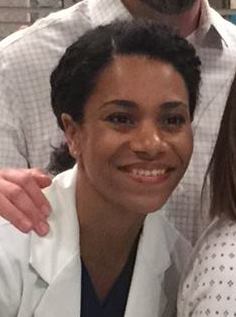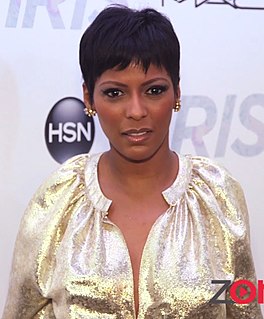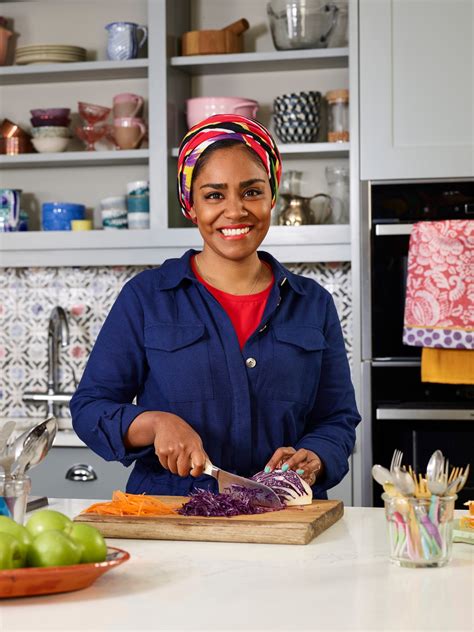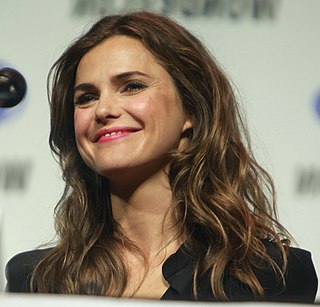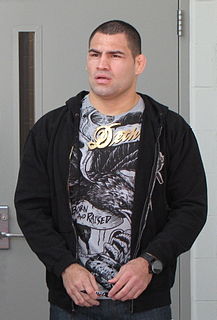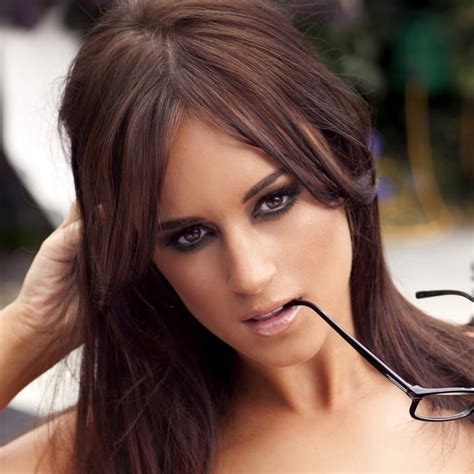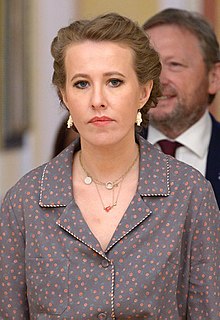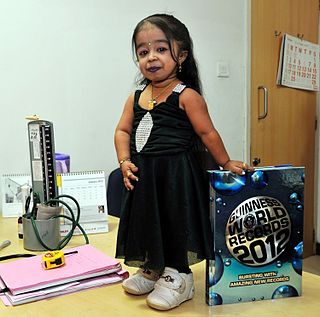A Quote by Pearl Mackie
For me, personally, I didn't see many people like me on TV growing up.
Related Quotes
I'll never forget, Christine Woods came up to me on set and she looked at me so seriously and held my hand, and she's like, "Kether, look at me. In real life, we are beautiful, beautiful women. No one thinks we're fat. In TV, we are TV fat and we just have to get used to it. Don't ever take it personally. We're TV fat. End of story".
When I grew up in America, I didn't see anyone who looked like me on TV. I feel overwhelmed with the things that people have said to me. When I meet Indian Americans who've lived here all their lives, it's overwhelming people holding me and crying. Someone said to me, 'Thank you for making us relevant.' It's such a big thing.
